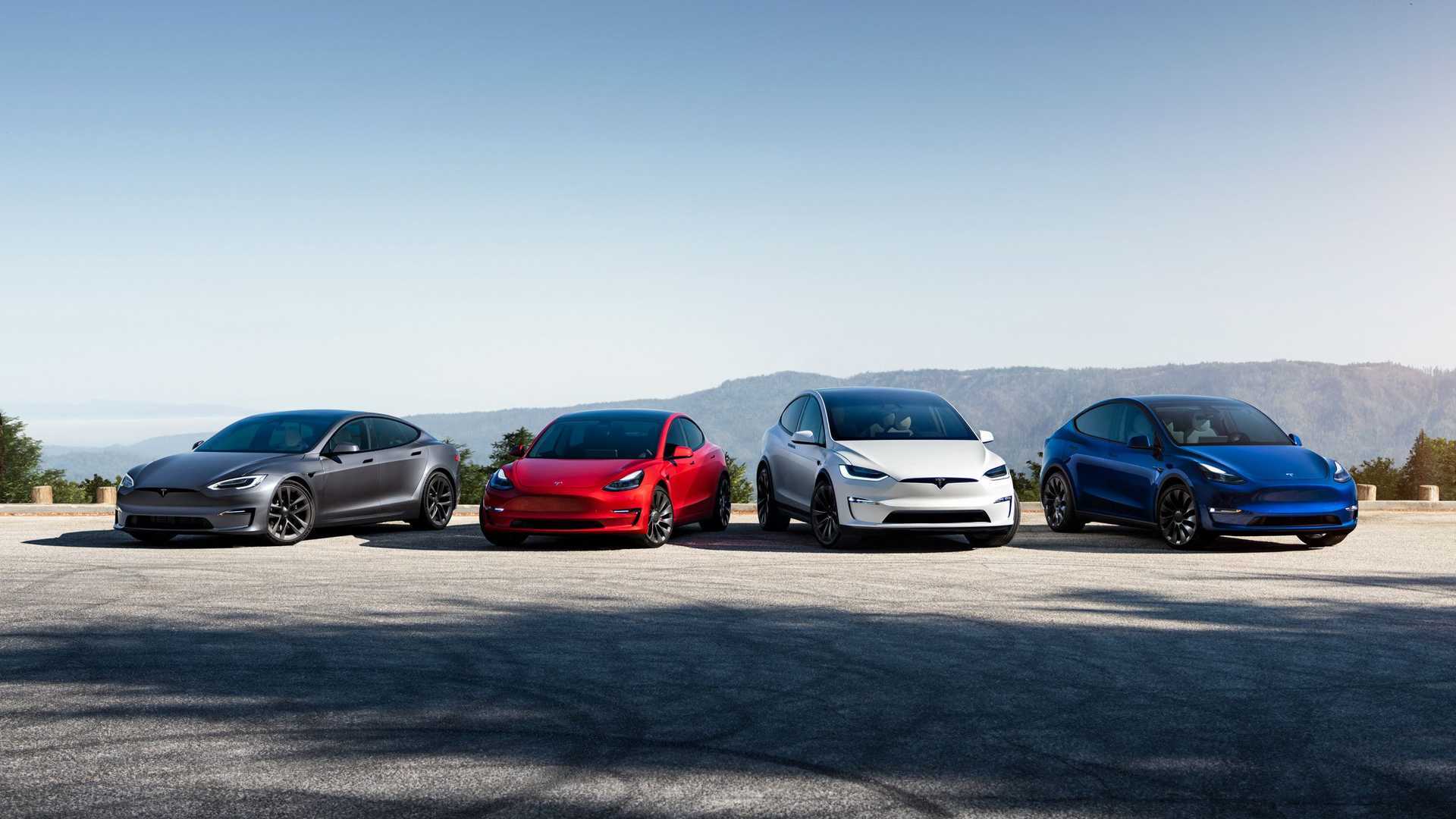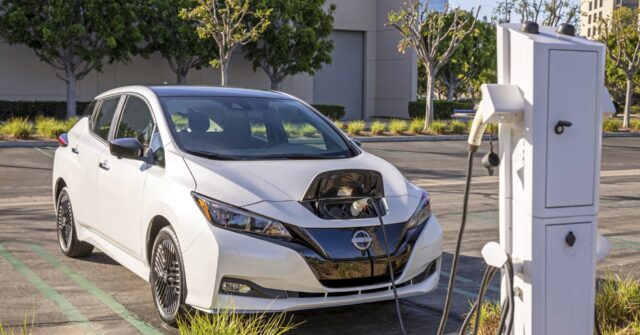Except for $20,000 batteries. We shall see.
Are you assuming the batteries die soon after warranty period expires? Your post #5 regarding Tesla battery warranty is incomplete; it did not include "with minimum 70% retention of Battery capacity over the warranty period."
What is the Tesla battery life track record?
My understanding is, it is very good. Here's
some data for your review, if you choose to do so.
According to
user supplied data,
"In the real world, Tesla claims the battery in one of the premium Tesla Model S or Model X cars will retain an average of 90 percent of its capacity after 200,000 miles.
Third-party data shows a similar story. An April 2020
study from NimbleFins, using user-submitted data from Model S cars made between 2013 and 2019, found these cars lose around one percent battery range per year."
Tesla battery tech continues to improve, but as you say, time will tell. Tesla is a young company. But the results, so far, have been stellar. The battery will likely outlast the car. If you have any real world data that shows otherwise, I would love to review it, as I am likely to buy another Tesla.

 insideevs.com
insideevs.com



